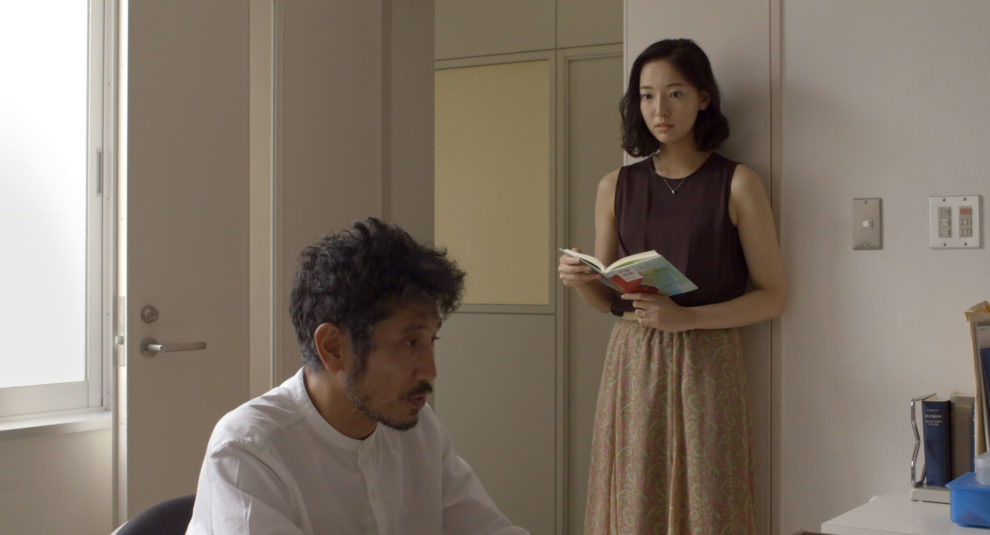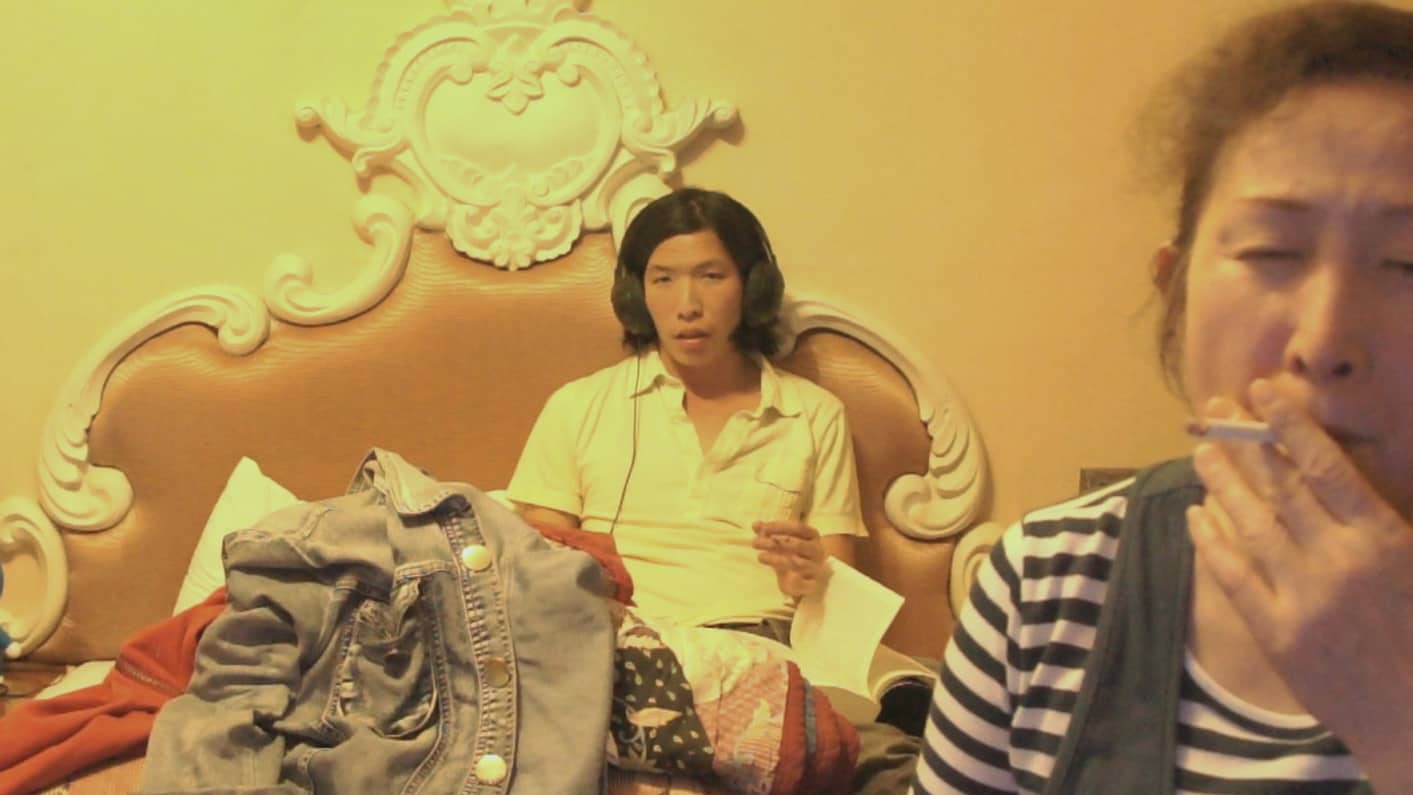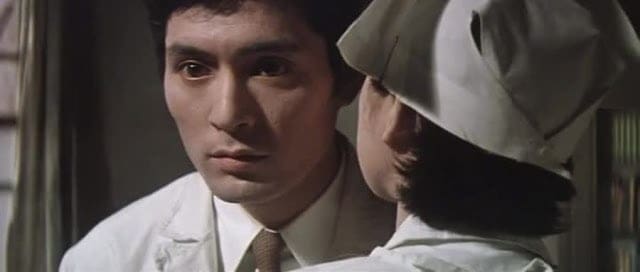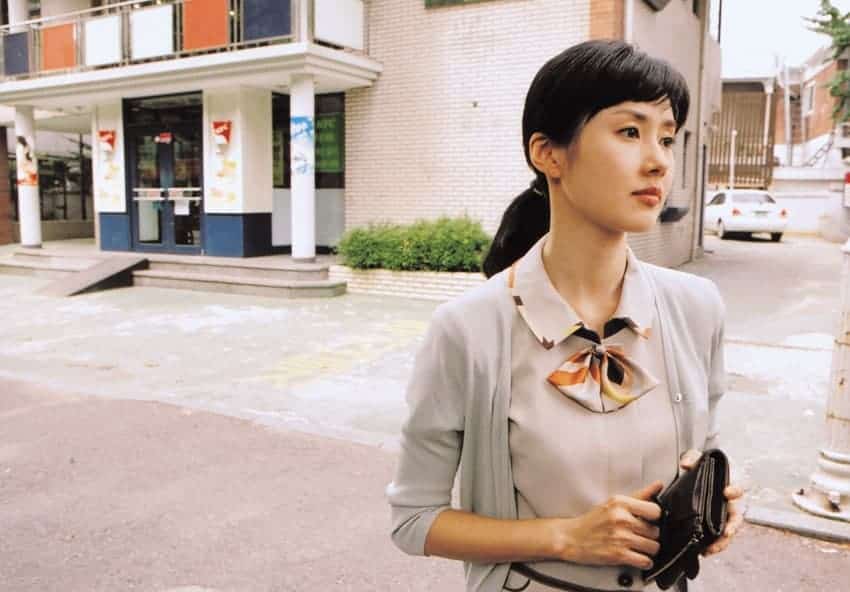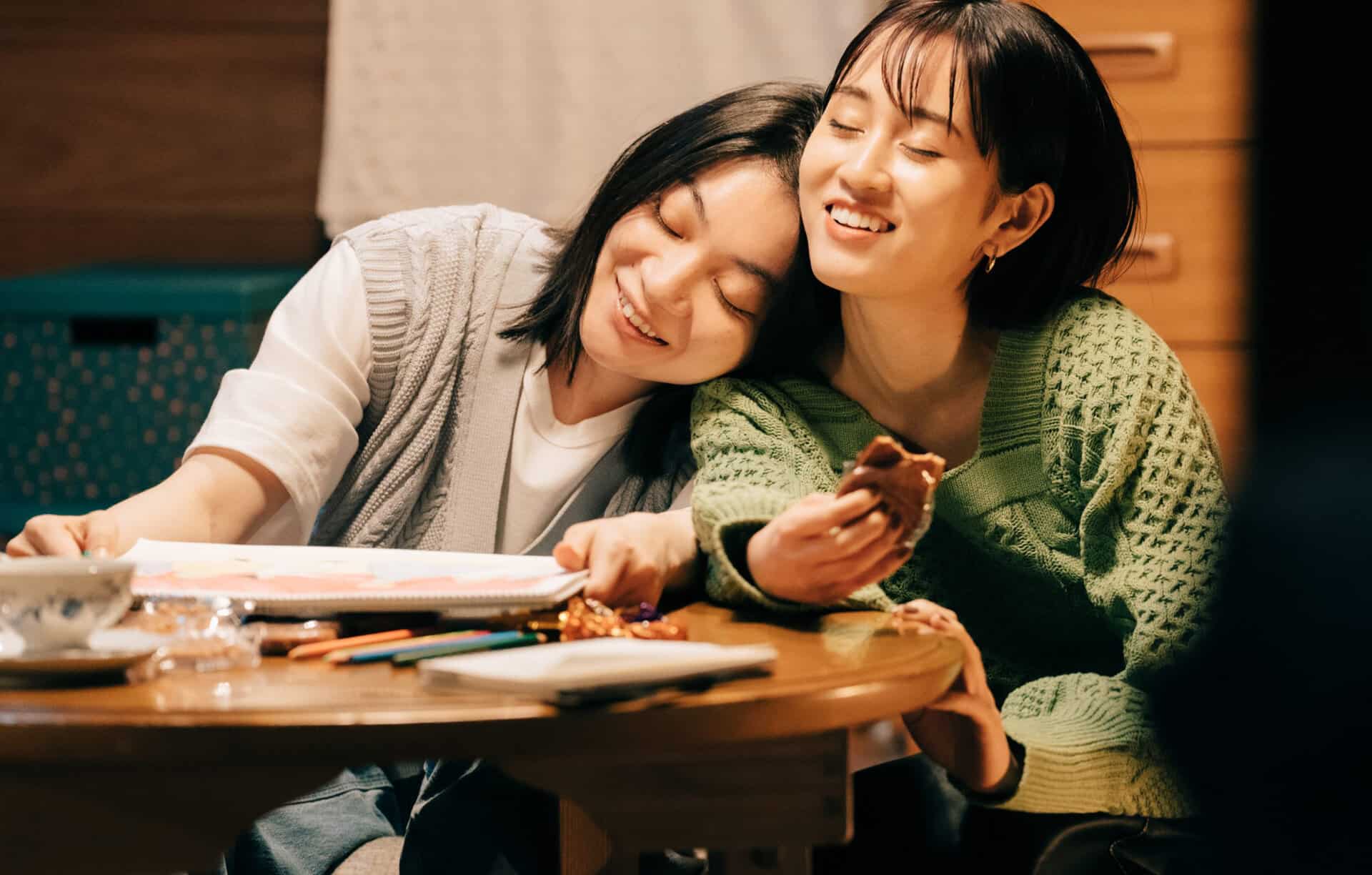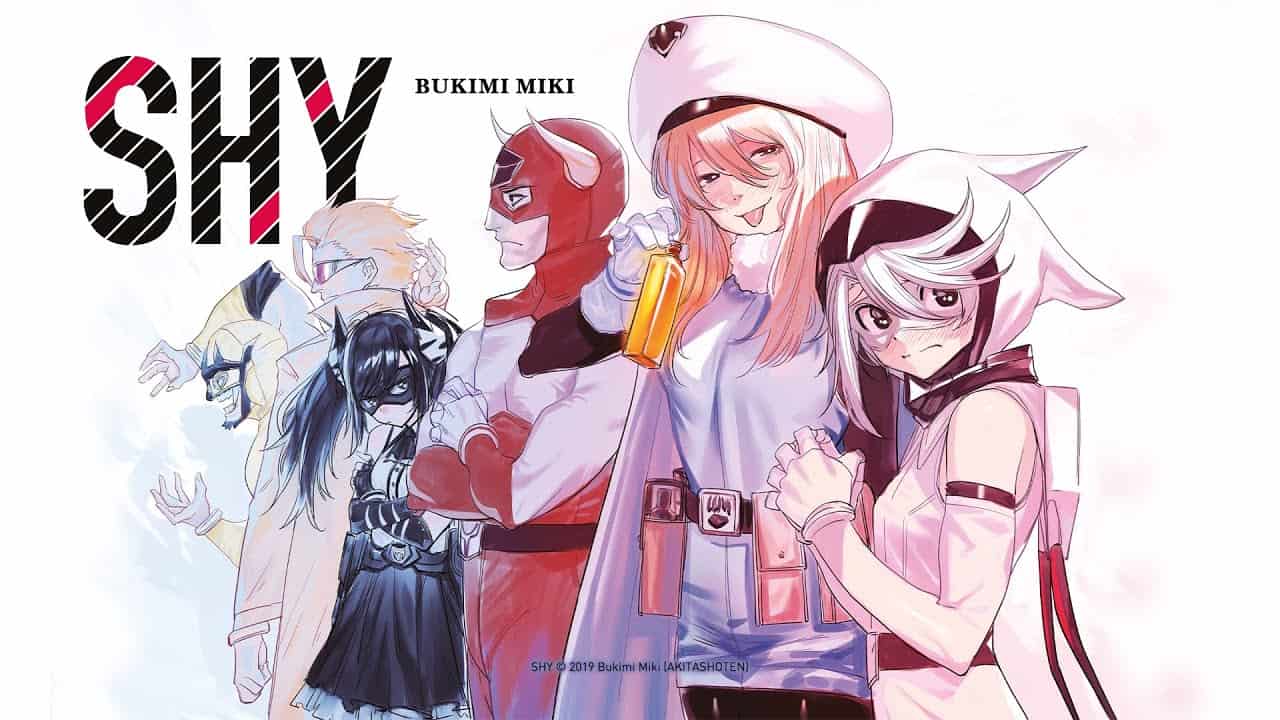Ryusuke Hamaguchi, after the excellent “Asako I&II” seems to have established a specific style, contextually at least, that has “unremarkable” people experiencing remarkable, somewhat surrealistic events, and characters, particularly women, who exhibit behaviors that are exactly the opposite of how Japanese people usually conduct themselves. This approach is cemented in the three episodes of “Wheel of Fortune and Fantasy”.
Wheel of Fortune and Fantasy is screening on Berlinale

The first episode, “Magic (or Something Less Assuring)” has two best friends, younger Meiko and on the brink of middle age Tsugumi chatting, in the back of a car, about a man the latter met, and her growing fondness of him. The discussion is rather revealing, with the two women speaking quite sincerely about both him and the way they conduct themselves on relationships, including sex. Soon, however, it is revealed that the man Tsugumi was talking about is Meiko's ex boyfriend, with the girl deciding to go visit him, a decision that results in another rather sincere, personal discussion.
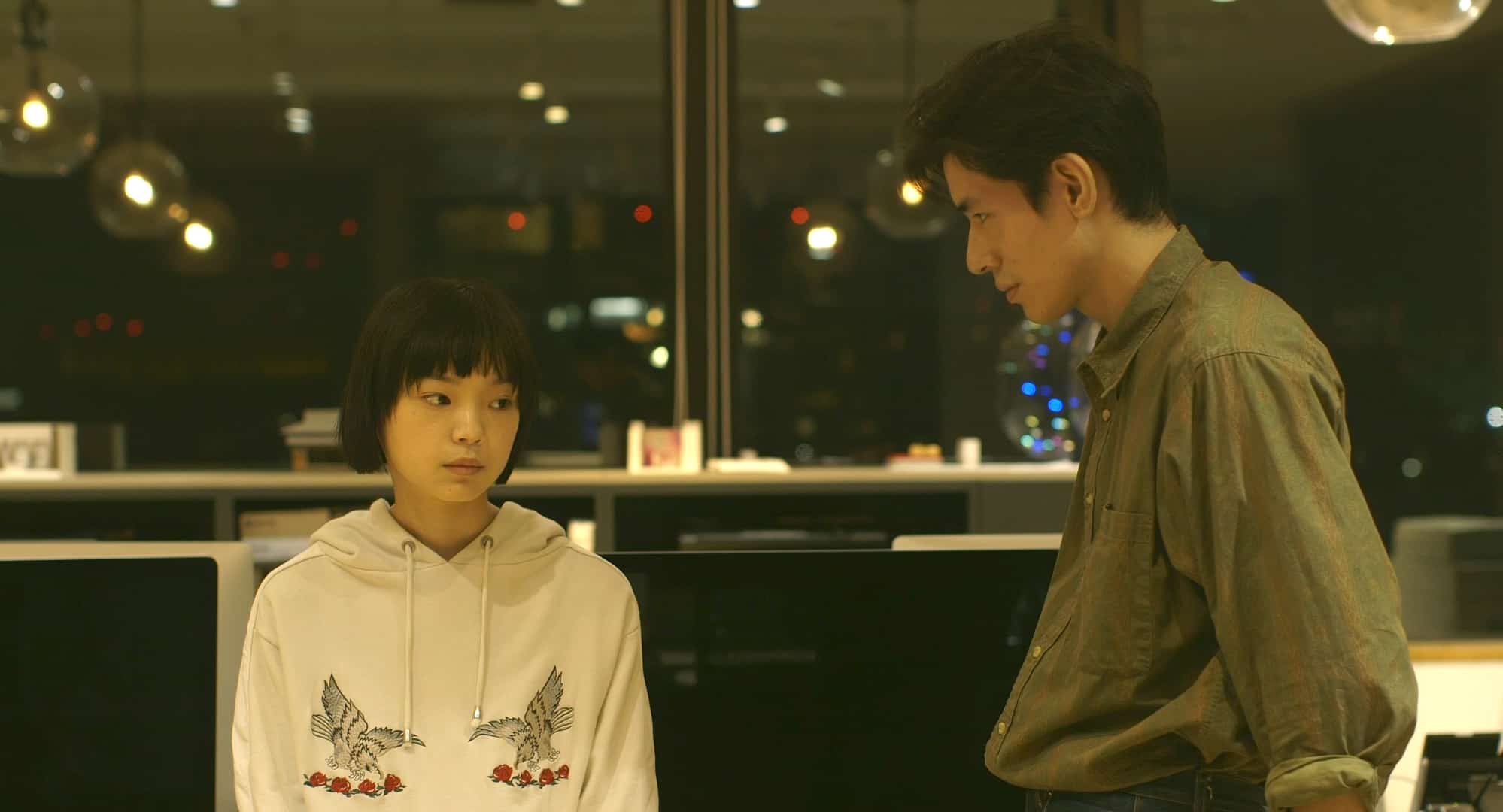
As mentioned in the prologue, the open way the protagonists here discuss their most intimate thoughts is quite contrary to usual Japanese tendencies, with Hamaguchi “playing” with the fact, by making the dialogue as colorful and intense as possible. Through this approach, he exhibits a rather intimate knowledge of human nature and the way people think, particularly in connection with relationships. Furthermore, the difference of the two dialogues, with the first one being cheerful and friendly but essentially fake, and the second heated and controversial but utterly sincere, creates a rather interesting antithesis that carries the part for the whole of its duration. At the same time, this antithesis presents a comment about human nature, and particularly how self-centered people can become, when romance is involved.
Kotone Furukawa as Meiko gives a great performance, highlighting these two different styles with equal artistry, in a rather vocal role that anchors the part excellently.
The second episode, “Door Wide Open” has a distinct #MeToo-“flavor” and revolves around Segawa, a college professor in his 50s who has just won the Akutagawa Award, Sasaki, a student of his who failed to graduate, and an older college student, Nao, who shares a friend-with-benefits relationship with the student. The latter, out of spite, convinces her to seduce the teacher in order to frame him in the faculty. Nao proceeds on doing so in the most seductive way possible, reading to the professor the most erotic parts of his book, but he insists on having the door to his office open, a tendency he also exhibited in his previous, heated interaction with the student.
This part unfolds in two axes, with sex and its impact both in real life and in literature being thoroughly commented, in a style that could be characterized as erotic, even more so during the reading session than in the actual deed that takes place in the beginning.
At the same time, the concept of #MeToo and how much it has affected everyday life is also presented, with the concept of the open door highlighting how careful people of authority now must be, although Hamaguchi also states that just a door is not enough. Lastly, a comment about how literature works, adds another level to the narrative.
The chemistry of Kiyohiko Shibukawa as Segawa, who gives an unusually measured but quite impactful performance, and Katsuki Mori as Tsugumi, emerges as one of the best traits in a narrative, that again, has all the protagonists speaking quite sincerely about their thoughts and feelings.
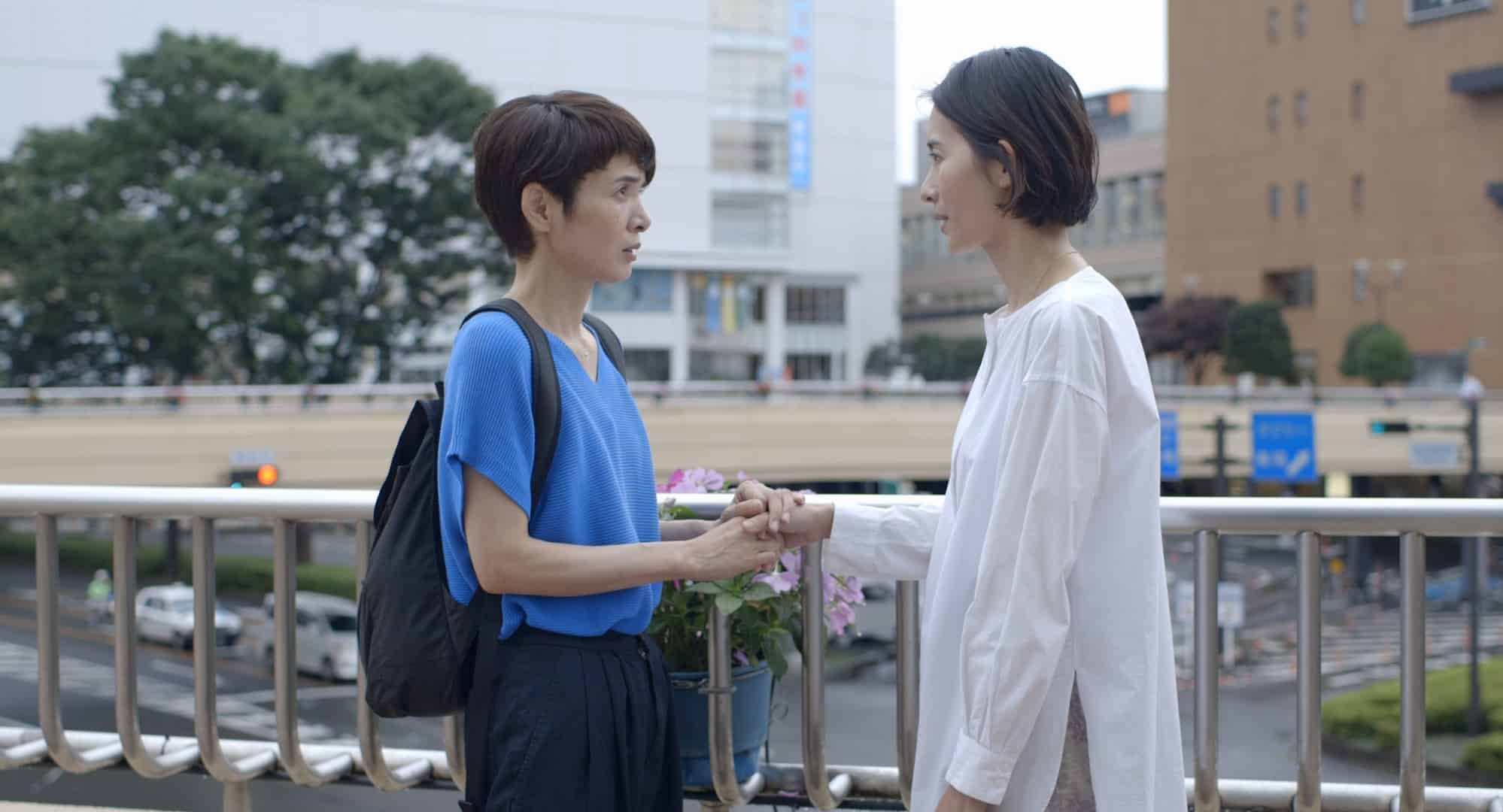
The third episode, “Once Again” takes place in a setting where a computer virus has essentially eradicated all computer-based employment, and follows Moka, a middle-aged woman who attends a school reunion, but stumbles upon the person she wanted to meet, a female student, the next day, by accident. Nana, however, is soon proved to be a different person, and the whole thing a misunderstanding. The fact, however, does not bother the two, as they continue their discussion.
The way desire and memory work is a central theme here, with Moka's wish to meet her schoolmate making her believe that Nana is actually her, highlighting the fact in the most eloquent manner. The concept of regret and the need for a second chance is also presented once more, as the two protagonists bare their souls out, and a play-pretend that eventually occurs depicts the need for relief from these two concepts people feel, in the most joyful fashion. How friendship can occur in the most unexpected moments, particularly when no SNS are involved, is another comment here, which follows the same happy-go-lucky approach of the whole segment.
Fusako Urabe as Moka and Aoba Kawai as Nana are both great,with their chemistry being exceptional, particularly in the way they act like young girls after a point.
Coincidence and its impact and consequences emerge as a focal point for the whole movie, with Hamaguchi using the concept to present a number of rather interesting social comments. The main trait of the film, however, is the dialogues, both in context and delivery, with Hamaguchi implementing a rather minimalist approach in all production values in order to allow the viewer to focus on what the protagonists are saying. The difference in rhythm, with the first segment exhibiting the highest speed and the last the slower, also allows for a very interesting differentiation between the parts.
“Wheel of Fortune and Fantasy” highlights once more, its filmmaker's intimate knowledge of the human psyche, and the rather original and intelligent cinematic way he has come up with in order to present its various aspects


